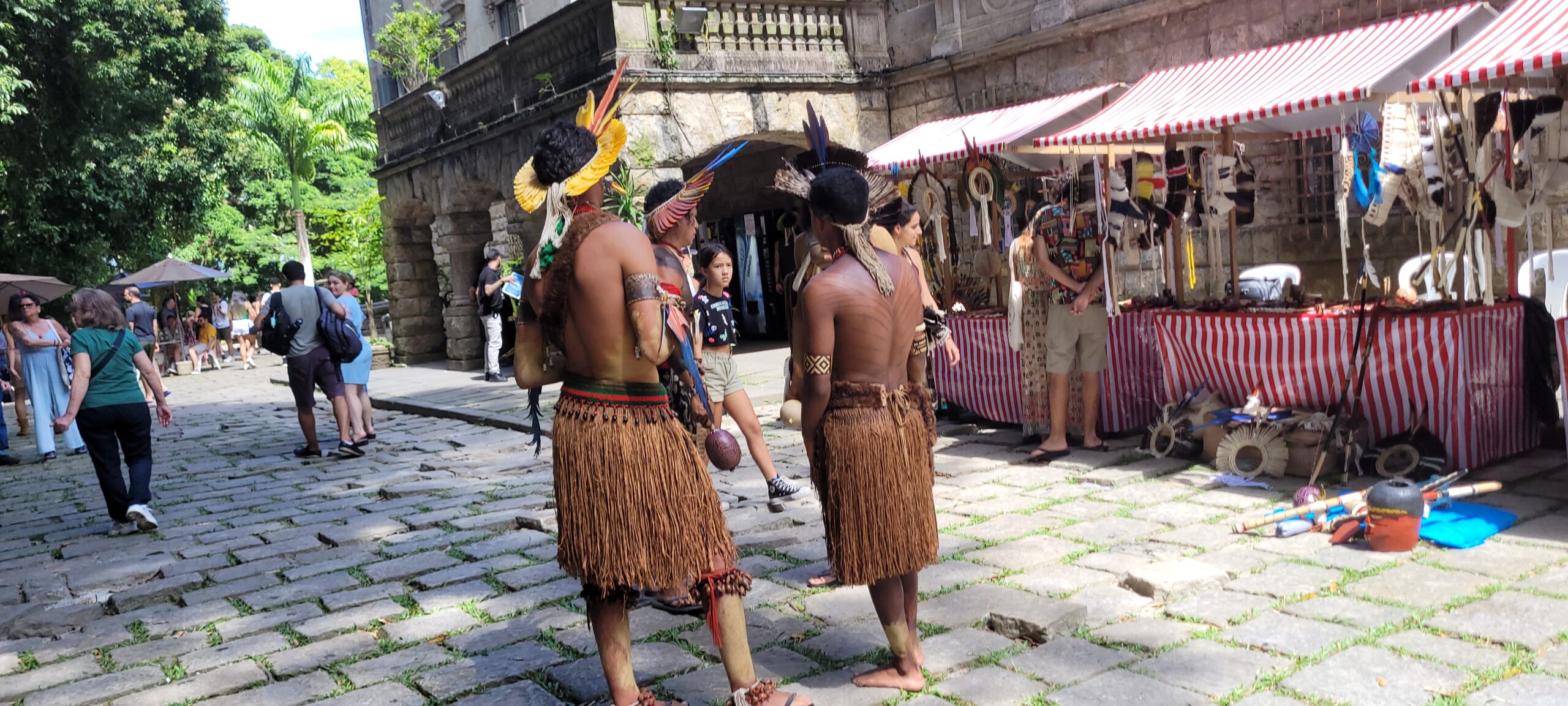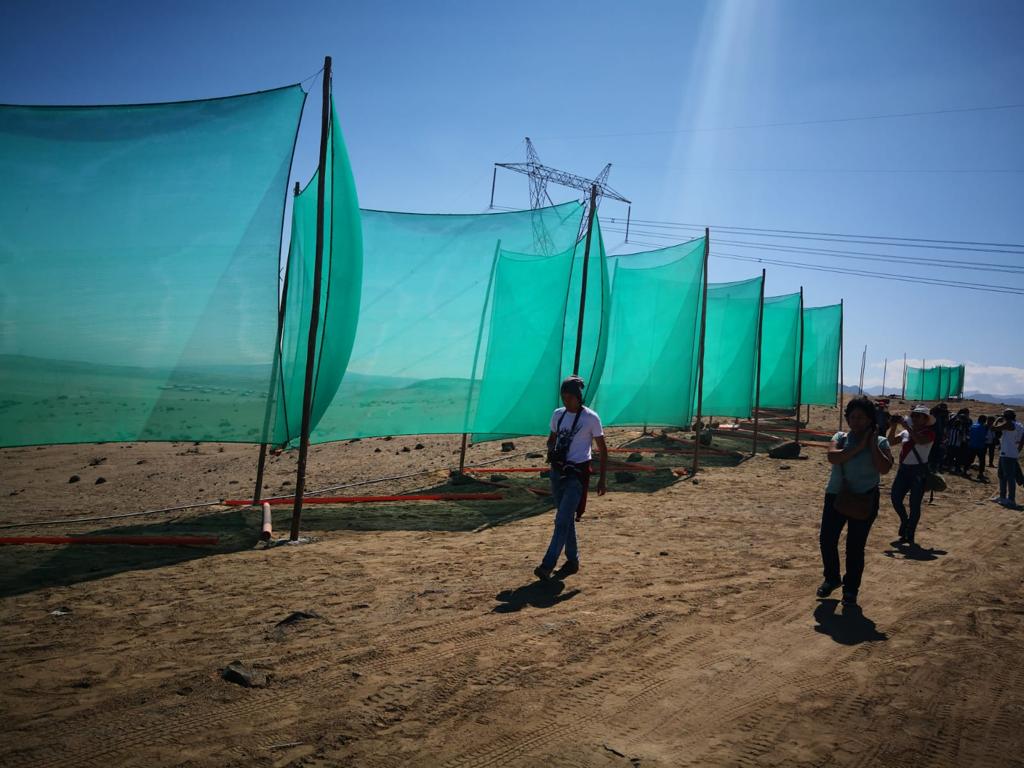In Recife, the Free School for Harm Reduction welcomes, informs and intervenes to reduce problematic drug use
In order to add experiences and continue claiming advances in the treatment of problematic drug use in Pernambuco, Arturo Escobar, Ingrid Farias, Priscila Gadelha, Anamaria Carneiro and Rafael West created the Free School for Harm Reduction
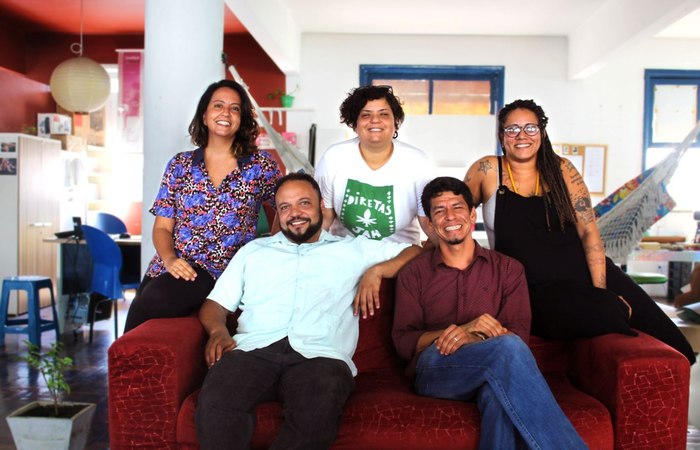
Credit: Disclosure
By: Eduarda Nunes – Lupa do Bem / Favela em Pauta
In order to add experiences and continue claiming advances in the treatment of problematic drug use in Pernambuco, Arturo Escobar, Ingrid Farias, Priscila Gadelha, Anamaria Carneiro and Rafael West founded the Free School for Harm Reduction.
This is a methodology designed primarily to reduce HIV contamination among injecting heroin users during the worldwide outbreak of the virus in the 1980s and 1990s through needle exchange and distribution programs. Today, it expands to the care of people who use drugs and stimulants also in a non-injectable.
“One of the premises of Harm Reduction is that drug use is part of human culture. So, believing that you can eradicate drug use in society becomes an unreality when we understand what Harm Reduction is”, says Arturo Escobar, one of the founders of the Free School for Harm Reduction. According to him, HR starts in the medical field, looking for immediate ways to reduce the impacts of problematic drug use, and today it is extended and includes even the social determinants of health. Non-biological factors that interfere in the way people choose and consume drugs.

Harm Reduction is opposed to the methodologies of repression and abstinence of users. It was instituted as a public policy in the treatment of users of alcohol and other drugs by the Federal Government in 2005 and in 2021 it was withdrawn. A decision that the Federal Council of Psychology considered a setback and a return to asylum logic.
The history of the Free School For Harm Reduction (ELRD) emerged from the activism for the legalization of marijuana in the country. Arturo, who is a psychologist, professor and researcher in cognitive psychology and addictions, says that it was in the emergence of the Marijuana Marches in 2007/2008 and, later, in 2011, when the Federal Supreme Court ruled that these movements were legal, that the anti-prohibitionist struggle starts to get more expressive.
As one of the people who was present in the construction of the first Marijuana Marches in Recife, through the Anti-Prohibitionist Collective of Pernambuco, Arturo says that over the years the movement changed, leaving the university and articulating more with other social movements.
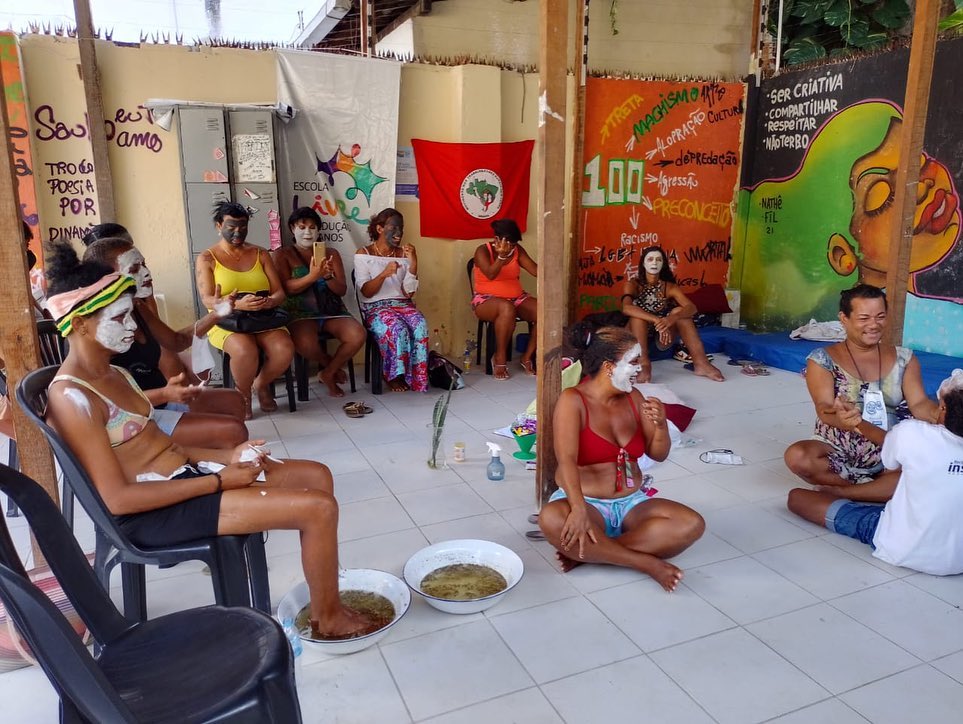
This made possible the mutual strengthening of anti-prohibitionist, anti-asylum and anti-racist activism over the years. “Being anti-prohibitionist for us is putting ourselves in an anti-racist, anti-asylum and also pro-feminist and feminist stance, understanding these intersectional aspects that are transiting there within the war on drugs”, comments the researcher.
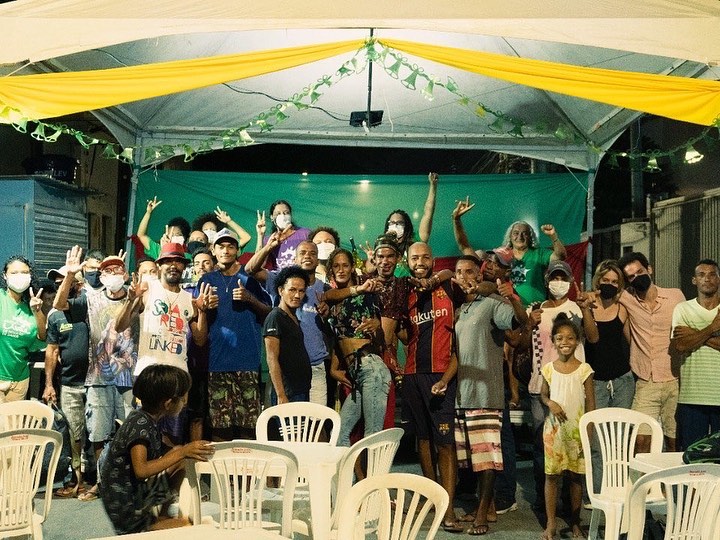
The political scenario that took shape in the country from 2016 onwards gave the necessary breath to initiate the articulations of the anti-prohibitionist movement to insert itself in the political spaces of political debates in the structures of social control. After the withdrawal of the then President Dilma Rousseff, the possible return to a scenario of “re-asylum placement” and setback in the advances achieved |in the area became increasingly imminent.
A different approach
In 2017, the co-founders of the Free School For Harm Reduction started to think about a course to train new harm reducers, given the progressive disinvestment in the area. The first class only took place in 2020, online because of the pandemic, the second in 2021.
While this course was not yet possible to be carried out, the Free School for Harm Reduction worked in Recife and the metropolitan region in other ways and without any investment of public resources.
Between 2018 and 2019, Arturo, Ingrid, Rafael, Priscila and Anamaria dedicated themselves to translating the book “Nos Limits da Rush – Reduction of Damages for people who use stimulants”, which was launched at the international seminar that marked RD’s 30 years in Brazil.
In 2020, ELRD approves the project to expand the work to a physical and training space, of multidisciplinary reception for people in social vulnerability. The pandemic interferes and, unable to receive people at the headquarters, the School approaches social movements, adding to the calls to these people during social isolation. At the same time, they promoted the first edition of the Harm Reduction training course online that same year.
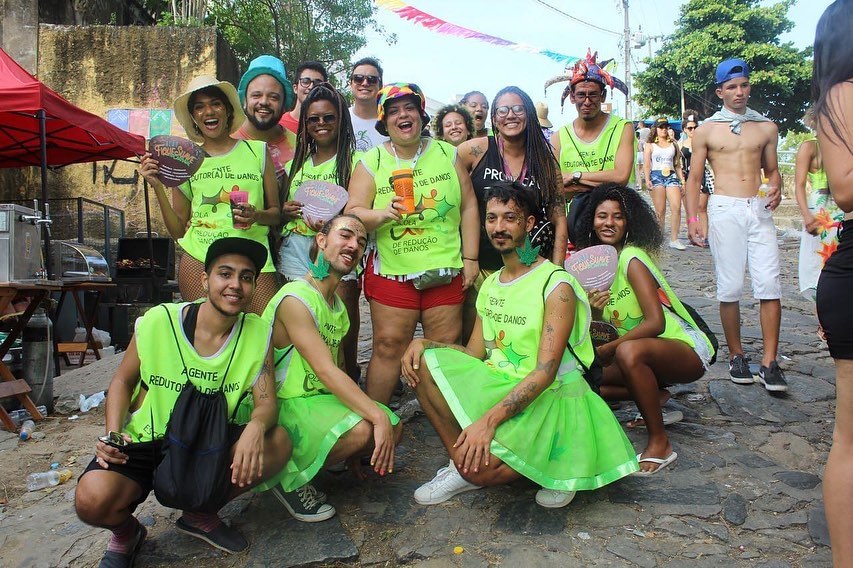
Before the pandemic, at the 2020 Olinda carnival, the School was present with Casa Fique Suave and its damage reducers who went up and down the slopes in revelry, taking information and distributing materials for the conscious use of drugs. More than 100,000 people were impacted, which created public pressure for the Olinda City Hall to also play its part in this harm reduction initiative at the party that attracts thousands of Brazilians and foreigners every year.
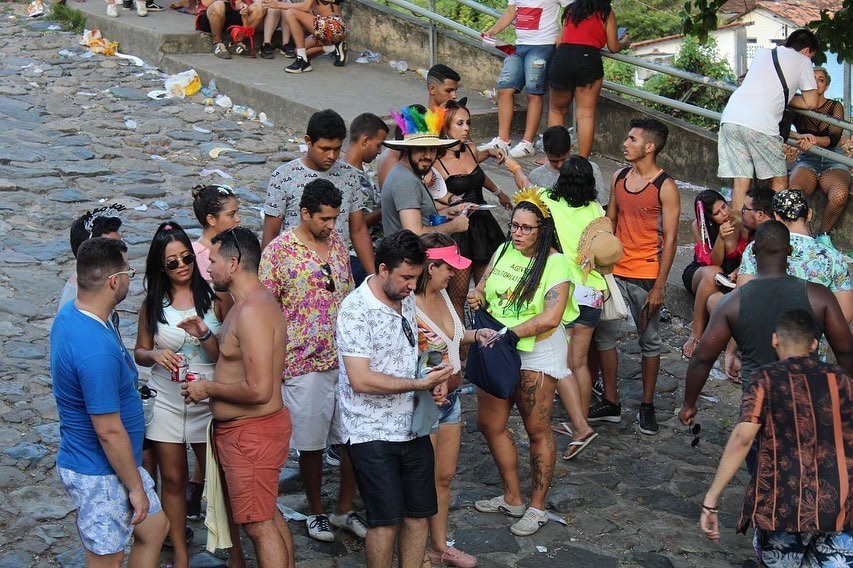
The School’s doors will only open in 2021 and since then around 100 people have already collaborated with the operation of the center. Among volunteers, harm reduction workers, psychologists, social workers and other professionals.
Future expectations are, firstly, to maintain the services that are offered of reception, monitoring, counseling and defense of a habit focused on harm reduction. Continuing to follow the processes of regulation of medical cannabis in Pernambuco and throughout Brazil and being part of the strengthening of the harm reduction profession are some of the scenarios that Arturo also visualizes.
How to monitor and support the School’s activities
“The school’s idea is to do this advocacy. People think that our Mental Health Reform is worth investing in. That we need to think of a Harm Reduction paradigm that goes beyond health because it has other possible scopes in social assistance, public security, changing the profile, including the understanding of the police state itself about the person who uses drugs ”, says the co-founder of the Free School For Harm Reduction.
To follow and support the activities, access the social media of the Free School For Harm Reduction.
